On the afternoon of October 13, the round table conference on “development strategy of colleges and universities in the field of labor relations and trade unions” was successfully held in the conference hall on the 8th floor of Zhiyuan Building. LIU Xiangbing, Secretary of the Party committee of CULR, and LIU Yufang and WU wanxiong, vice presidents of CULR, attended the conference. Leaders from 10 universities and colleges in the field of labor relations and trade unions from Russia, South Korea, Vietnam, Macao, Beijing, Shanghai, Shandong, Shaanxi, Guangdong and other places attended the conference and delivered keynote speeches. About 100 teacher representatives from overseas friendly colleges and universities, domestic trade union cadre schools and CULR attended the conference.
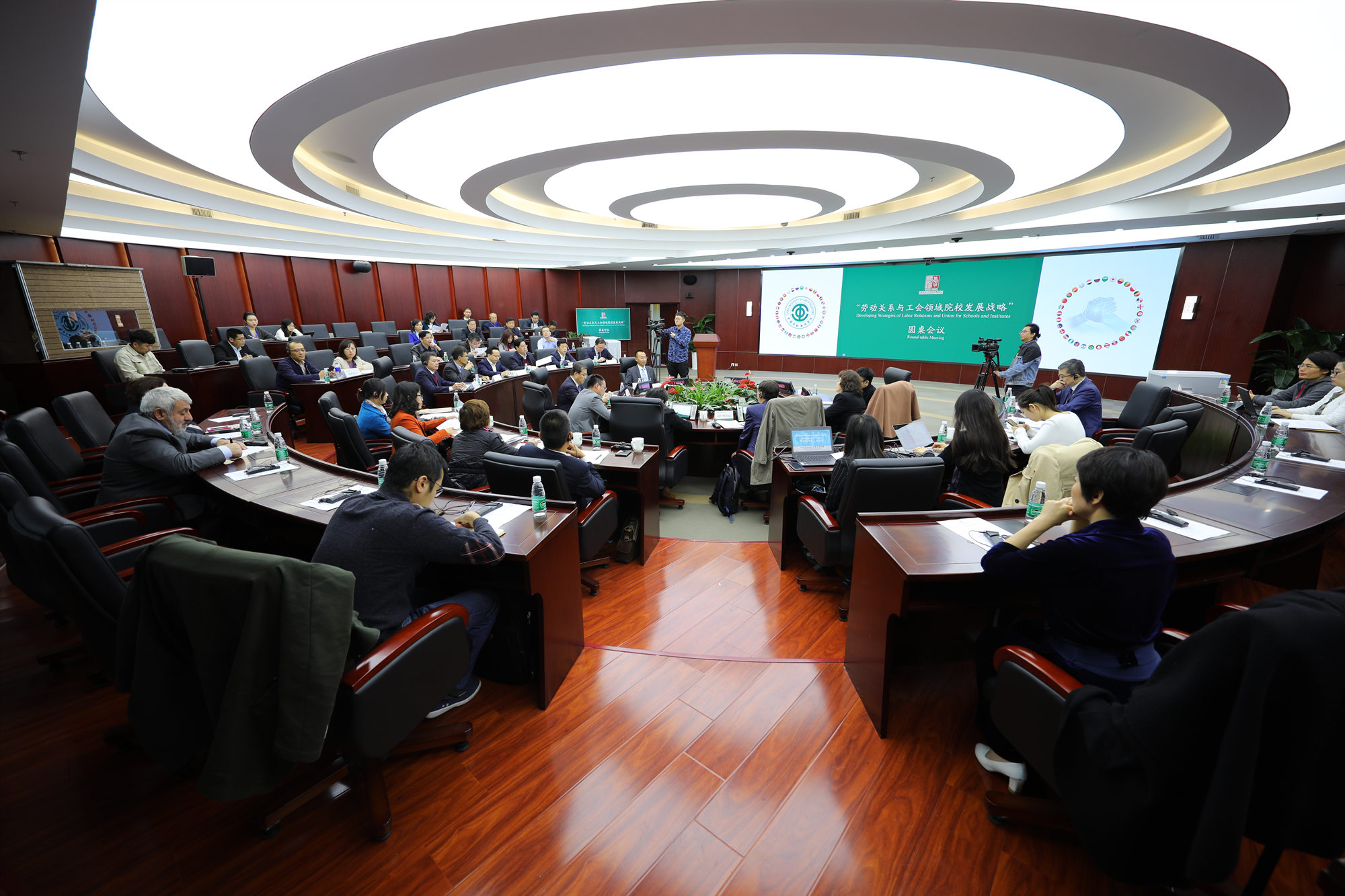
The first session of the conference was presided over by LIU Yufang, vice president of CULR, and participants conducted in-depth discussions on the strategic management and cooperation of colleges and universities in the fields of labor relations and trade union. Secretary LIU Xiangbing pointed out that the current labor world is facing the deepest and most transformational changes. New economy, new technology, and new business forms pose tremendous challenges to the adjustment and reform of labor relations, and labor-related issues are getting more and more attention. Therefore, the science of labor is now having increasingly prominent position. Responding to the needs of the era and strengthening strategic management have become a must for colleges and universities in the fields of labor relations and trade unions to better undertake their missions and responsibilities. He also introduced the strategic measures of CULR in recent years from three aspects: quality, characteristics and talent cultivation. Nina Kuzmina, deputy chair of the Federation of Independent Trade Unions of Russia and President of the Labor and Social Relations Academy, expounded the current situation of trade unions in Russia and the main mechanism for trade union organizations to participate in labor relations coordination. KONG Fanqing, vice president of City University of Macao, introduced the role played by City University of Macao in the development and construction of the Greater Bay Area from the perspective of strategic cooperation, science and technology serving the society and talent training. Kiu Sik Bae, president of Korea Labor Institute, introduced the research progress of labor relations and labor market in South Korea, especially the reference value of wage survey to the solution of labor-related problems and policy-making in South Korea. MA Xusheng, secretary of the party committee of Guangdong Vocational College of Industry and Commerce, shared experience and practice of coordinating the training of trade union cadres and academic education to promote the development of the college.
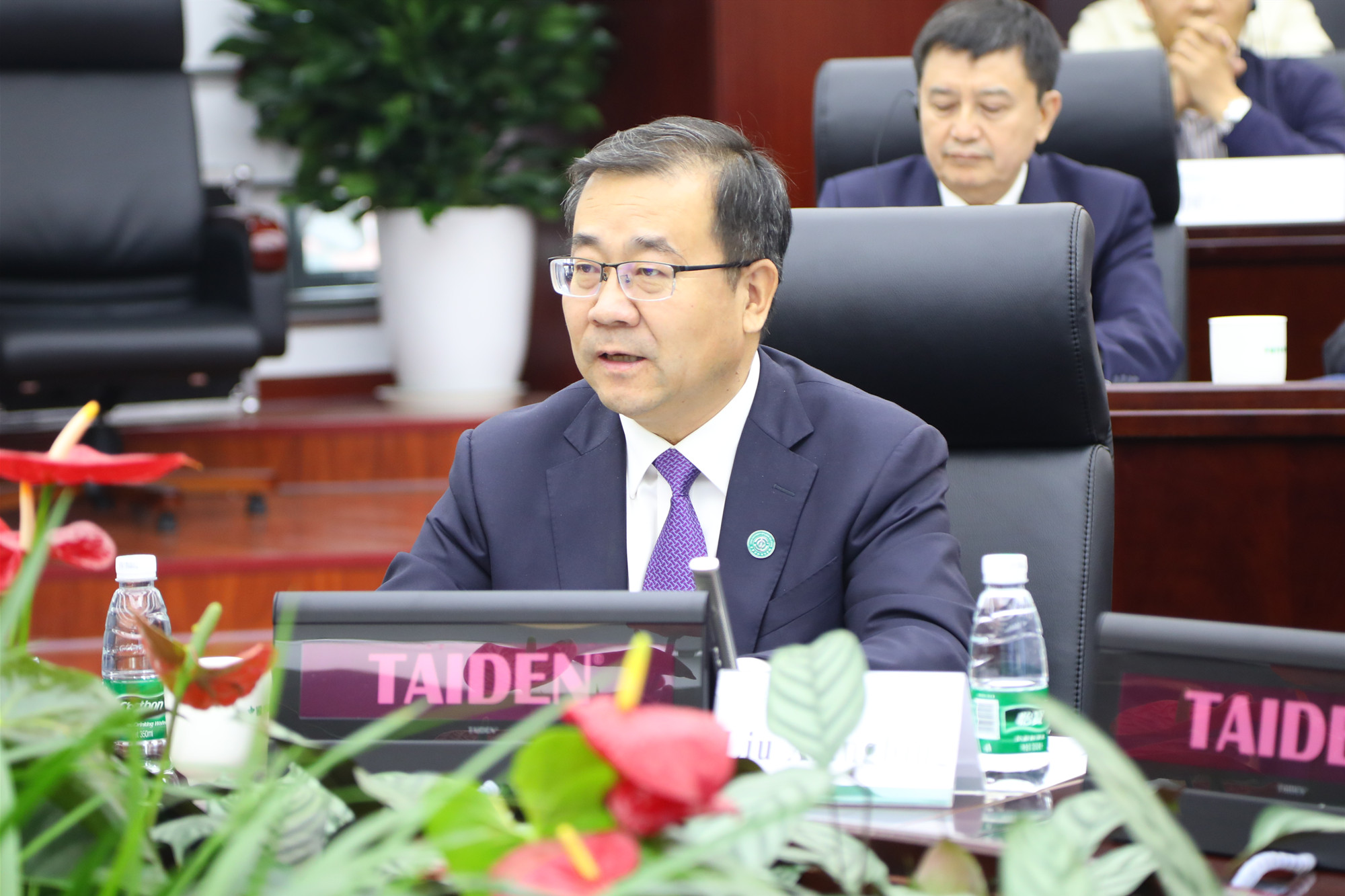
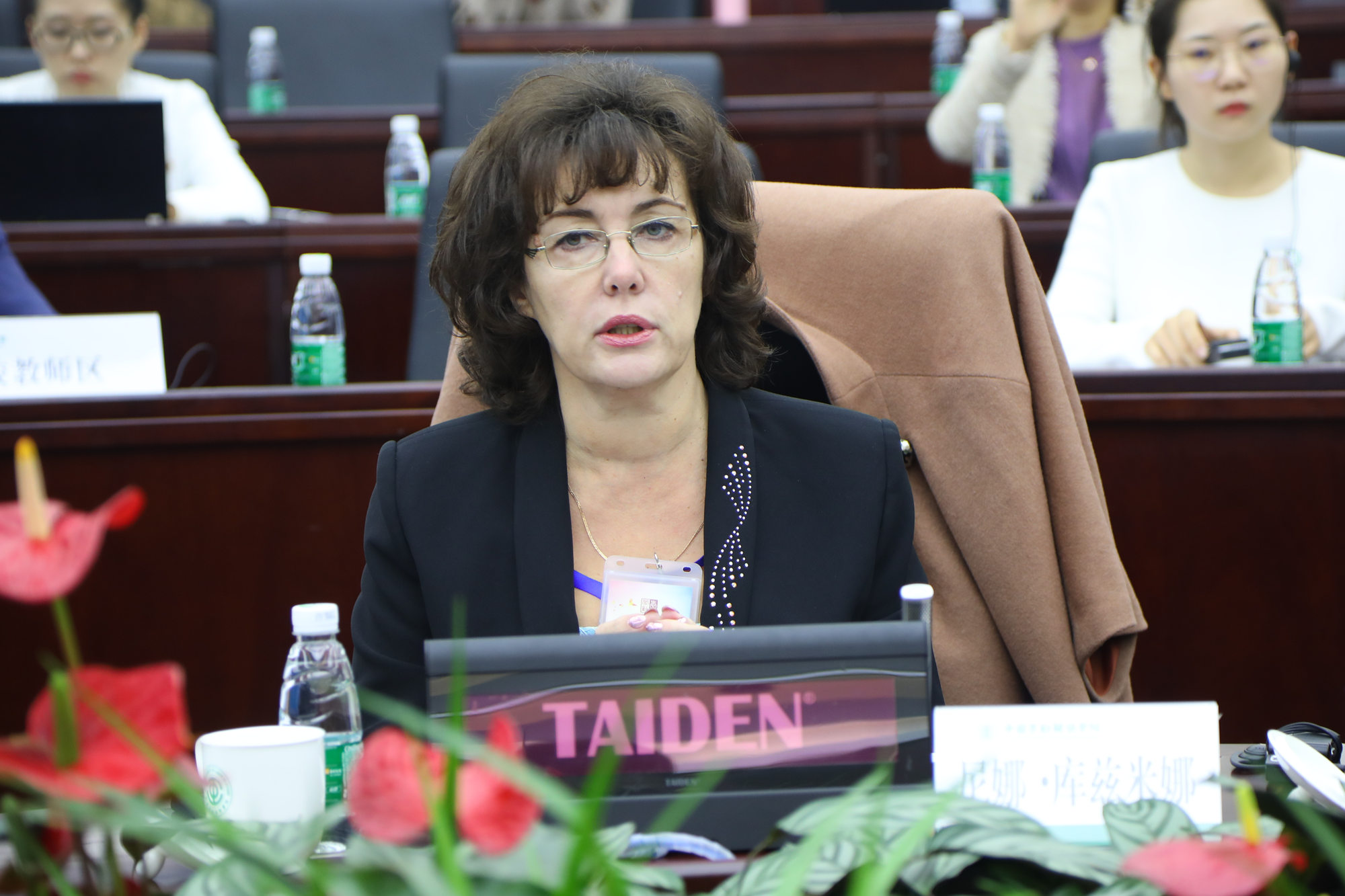
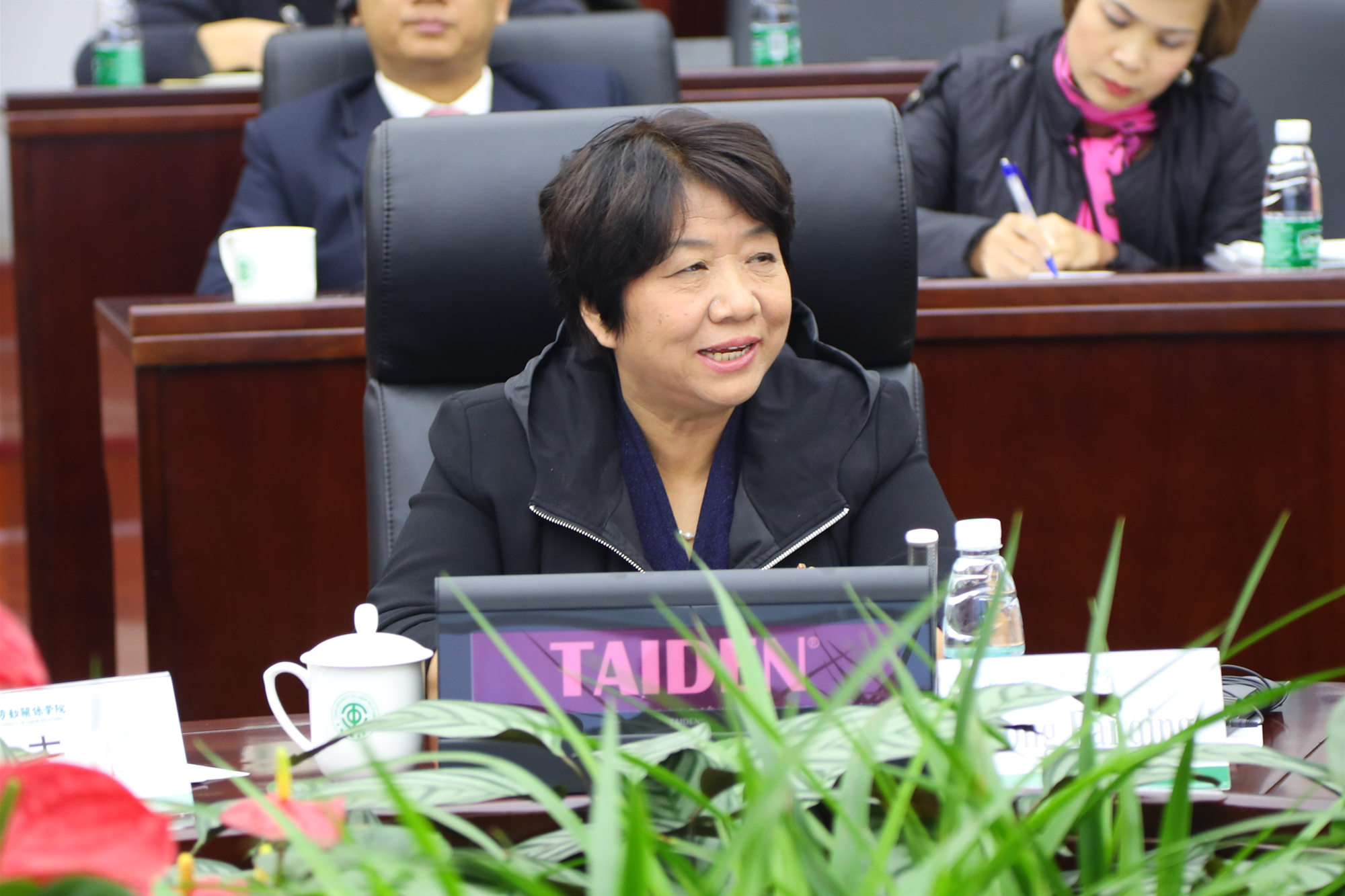
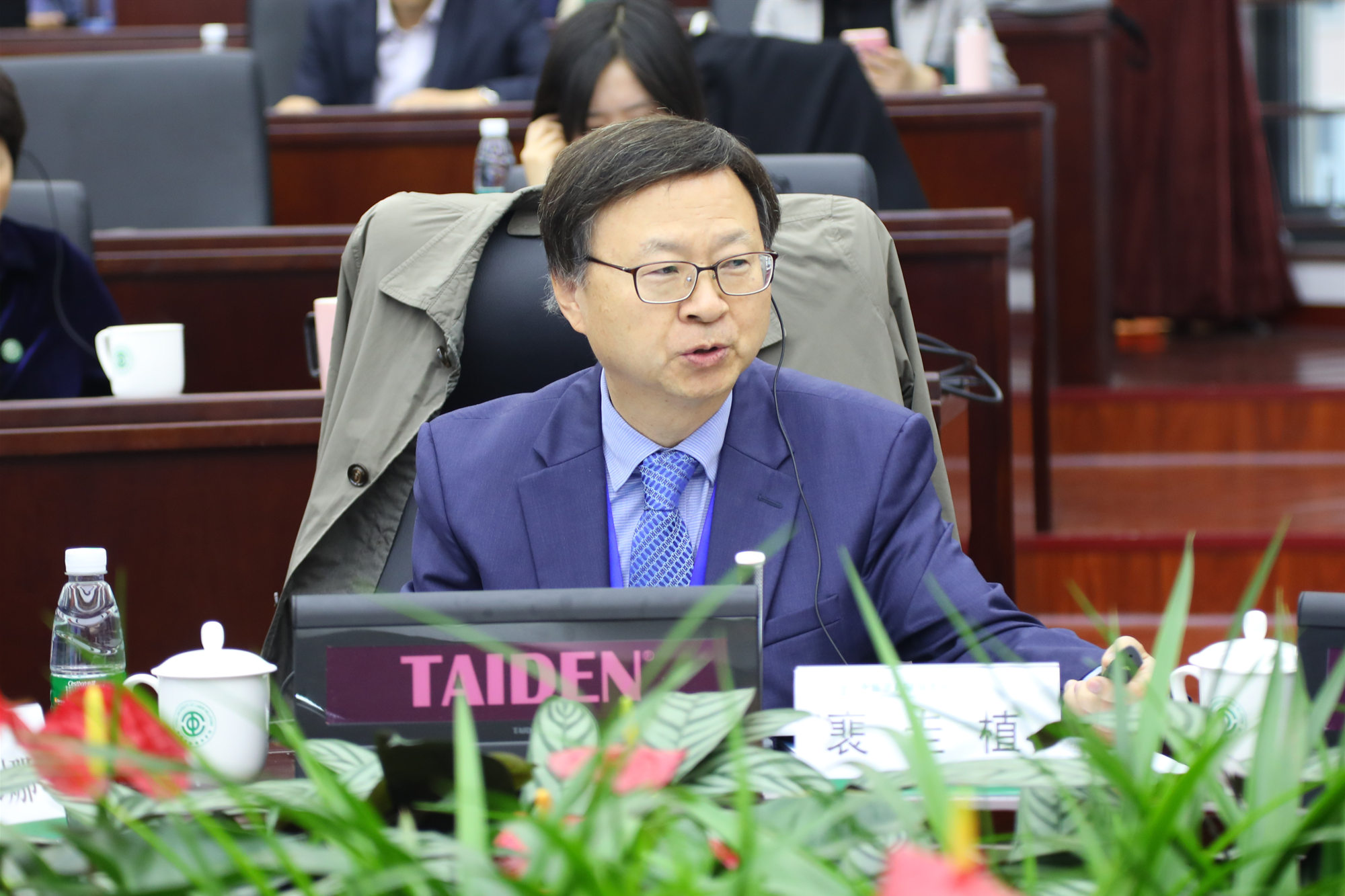
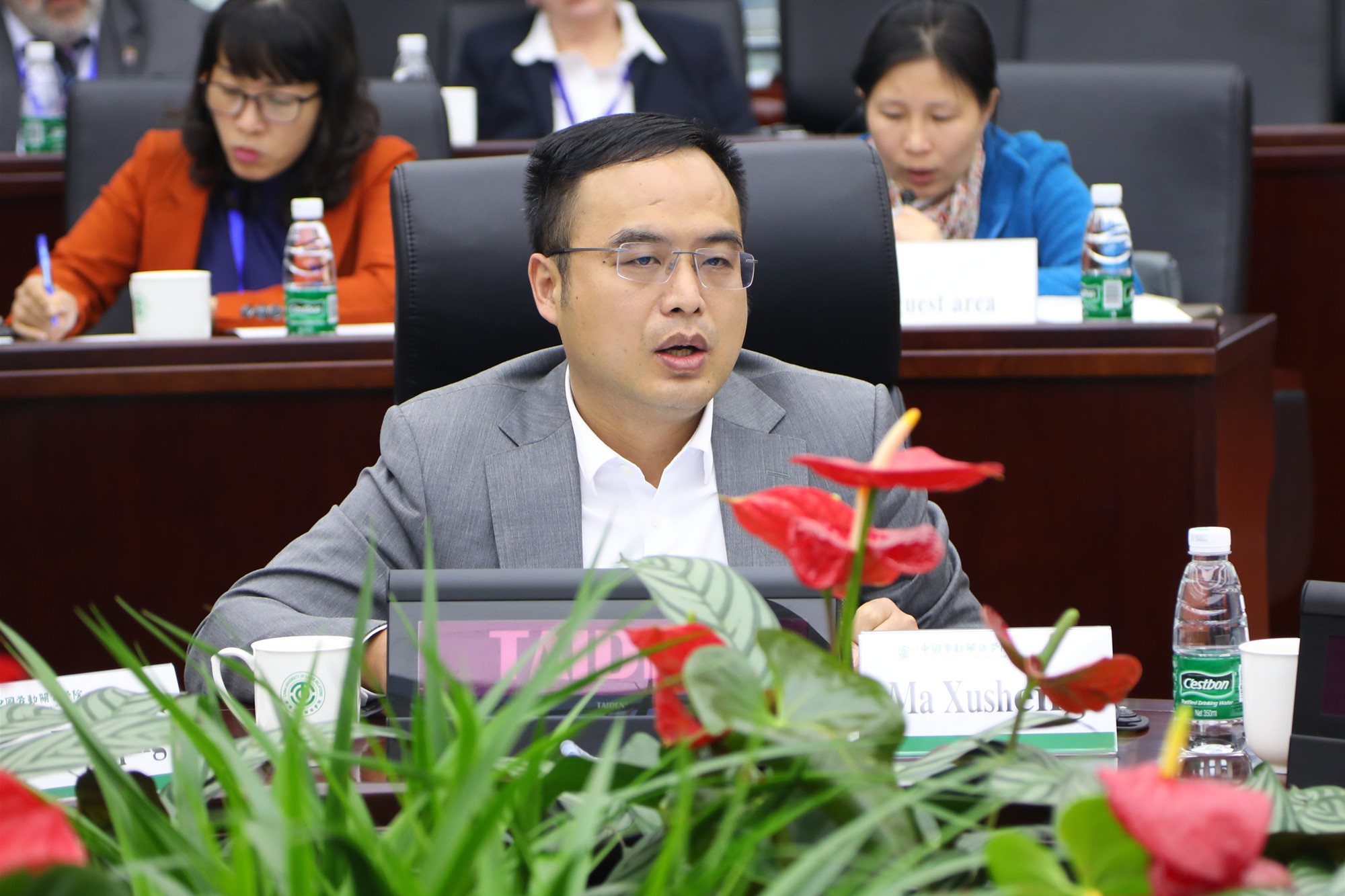
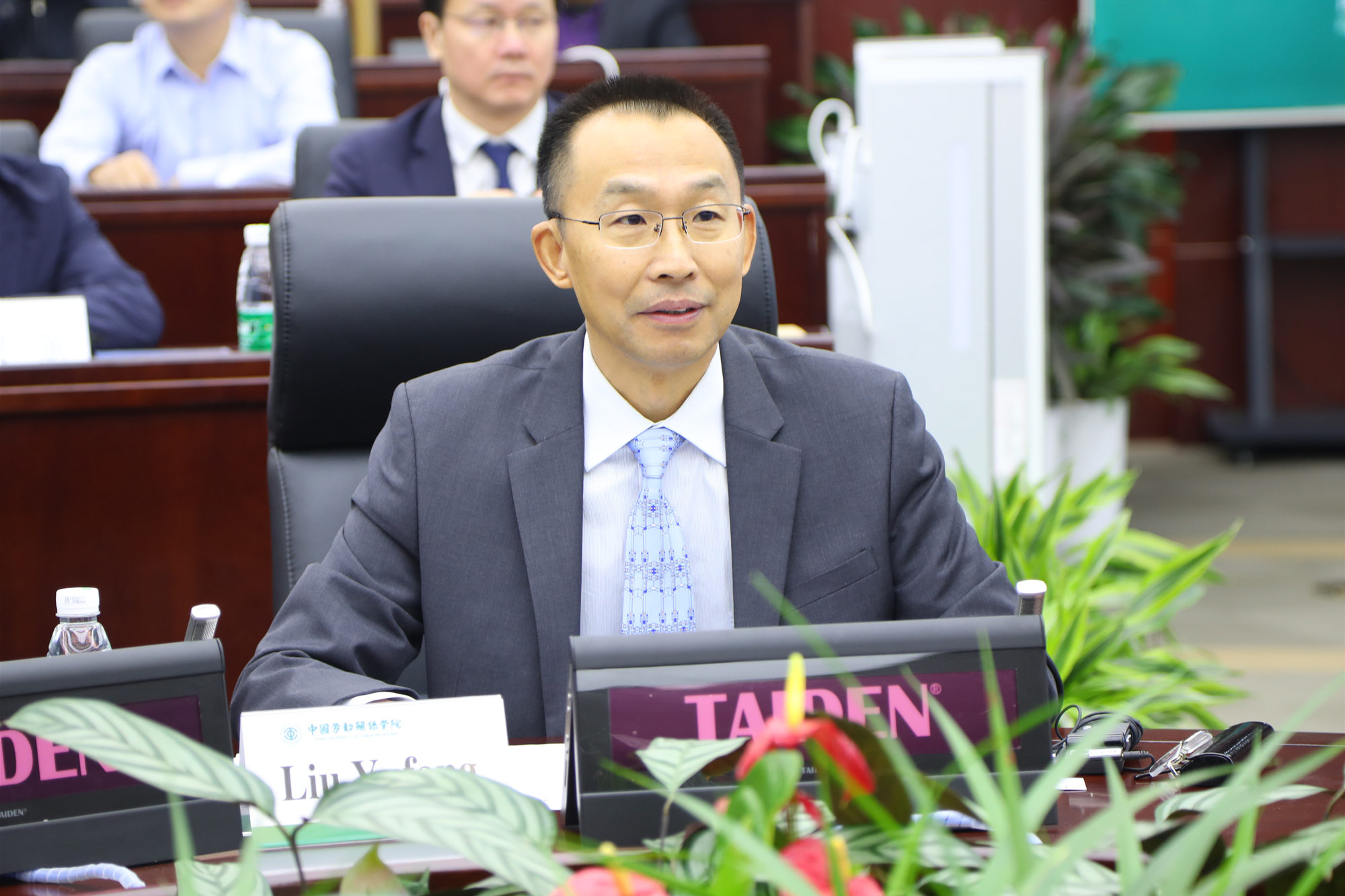
The second session was presided over by WU wanxiong, vice president of CULR. The participants shared practices of school operation reform. Pham Van Ha, President of Trade Union University of Vietnam, introduced the measures of constructing a team of trainers for Vietnamese trade union cadres and the related practice of teaching reform and innovation from the aspects of international cooperation, system construction, and education promotion. ZOU Guangde, President of Shandong Management University, shared in-depth thinking and fundamental practices of highlighting the characteristics of trade unions and building four bases of talent training, trade union training, trade union theoretical research and staff quality improvement. LI Youzhong, president of Shanghai Vocational College of Trade Union, introduced the exploration of the construction and development of the college from four perspectives: the positioning of the school, the core responsibility, the key issues and difficulties, and the rule of school operation. YU Hua, secretary of the Party Committee of Shaanxi Labor College, shared the experience and practices of the college in building a national demonstration base for trade union cadres training and education from four perspectives: organizational system, management mode, operational mechanism and working methods. WANG Dongqiang, executive vice president of Beijing Federation of Trade Unions Workers and Staff University, introduced the practice of strengthening the political liberal education of trade union cadres, building the research capacity of trainers and teachers, and designing the training system.
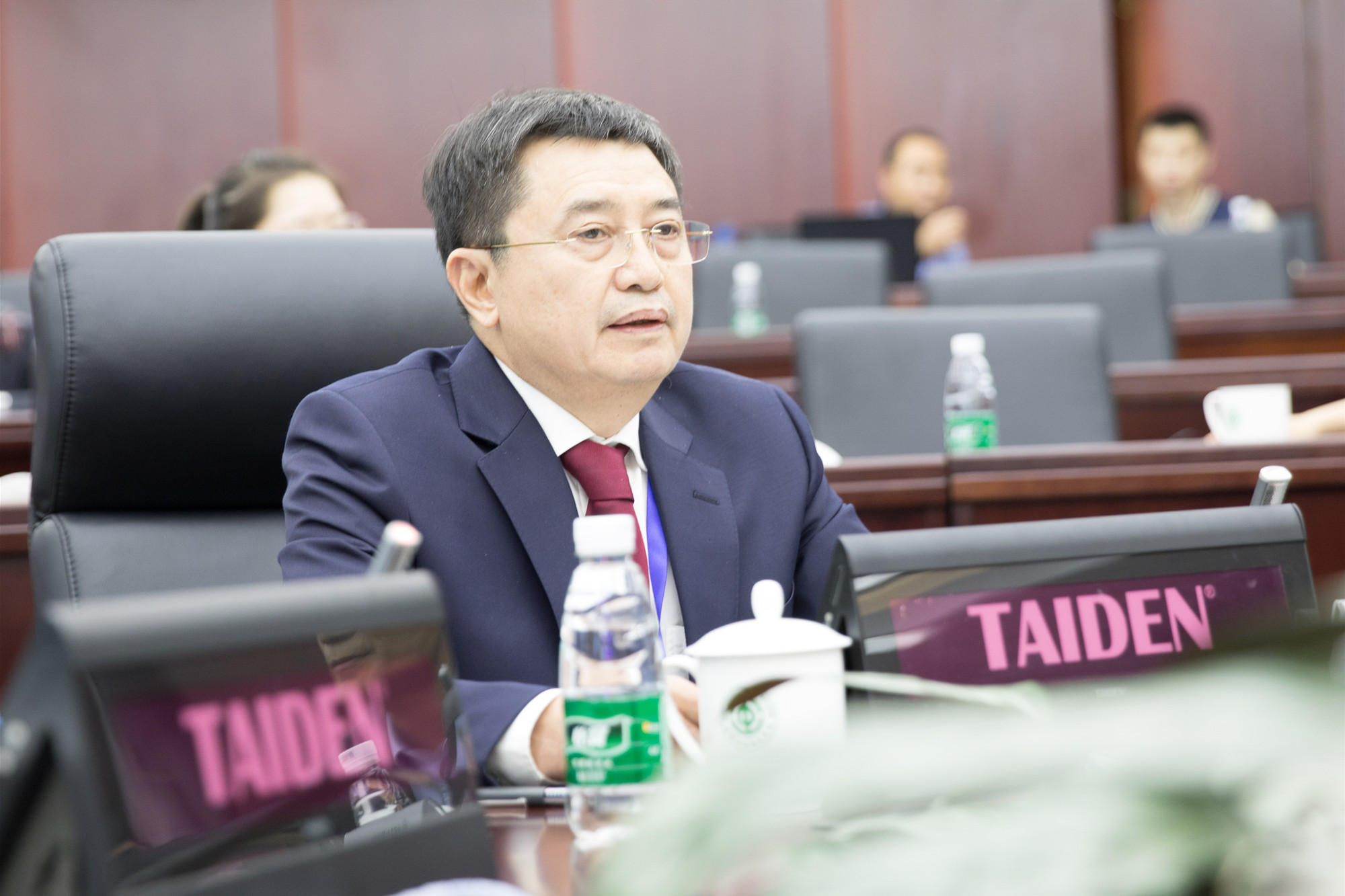
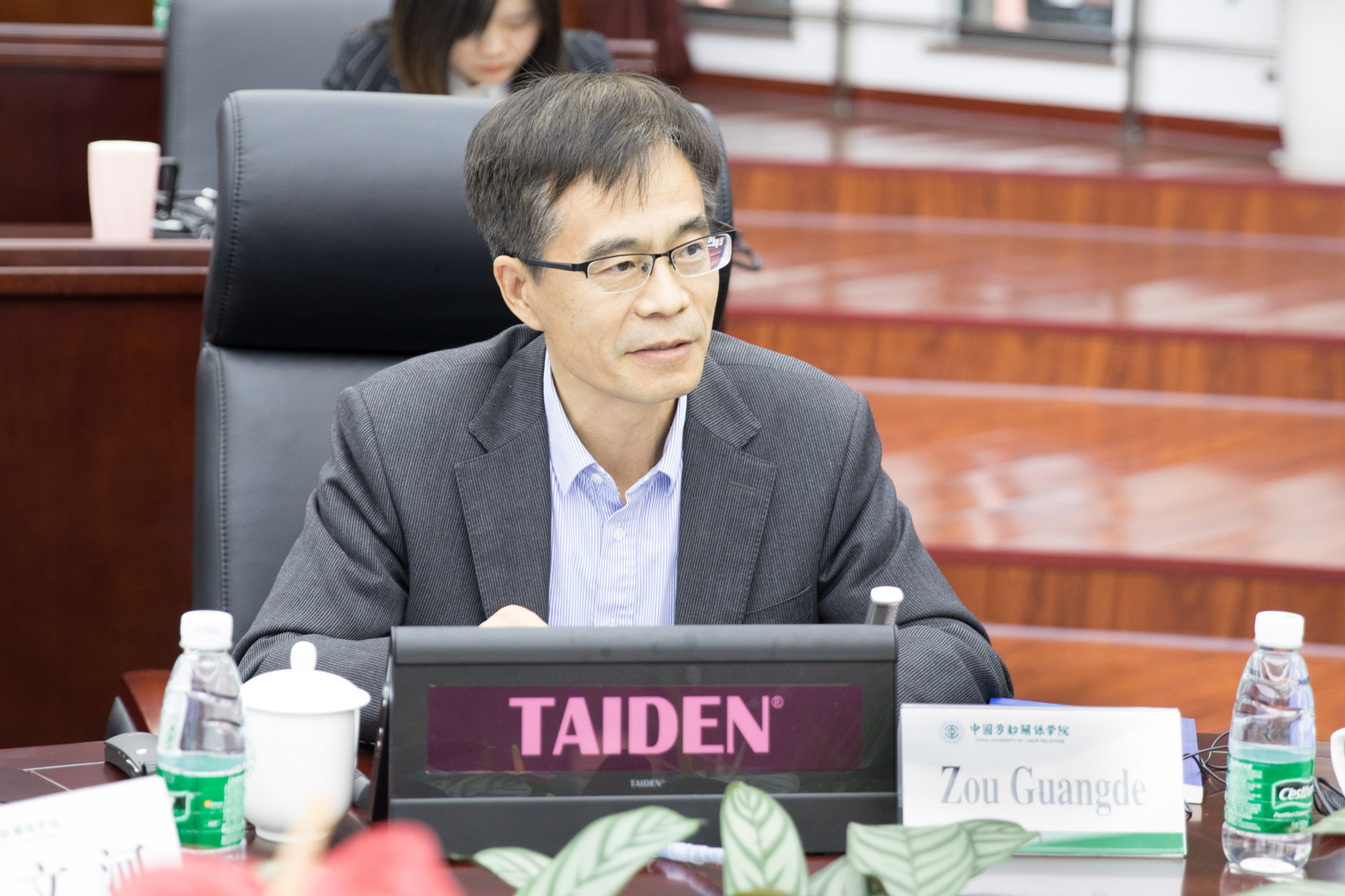
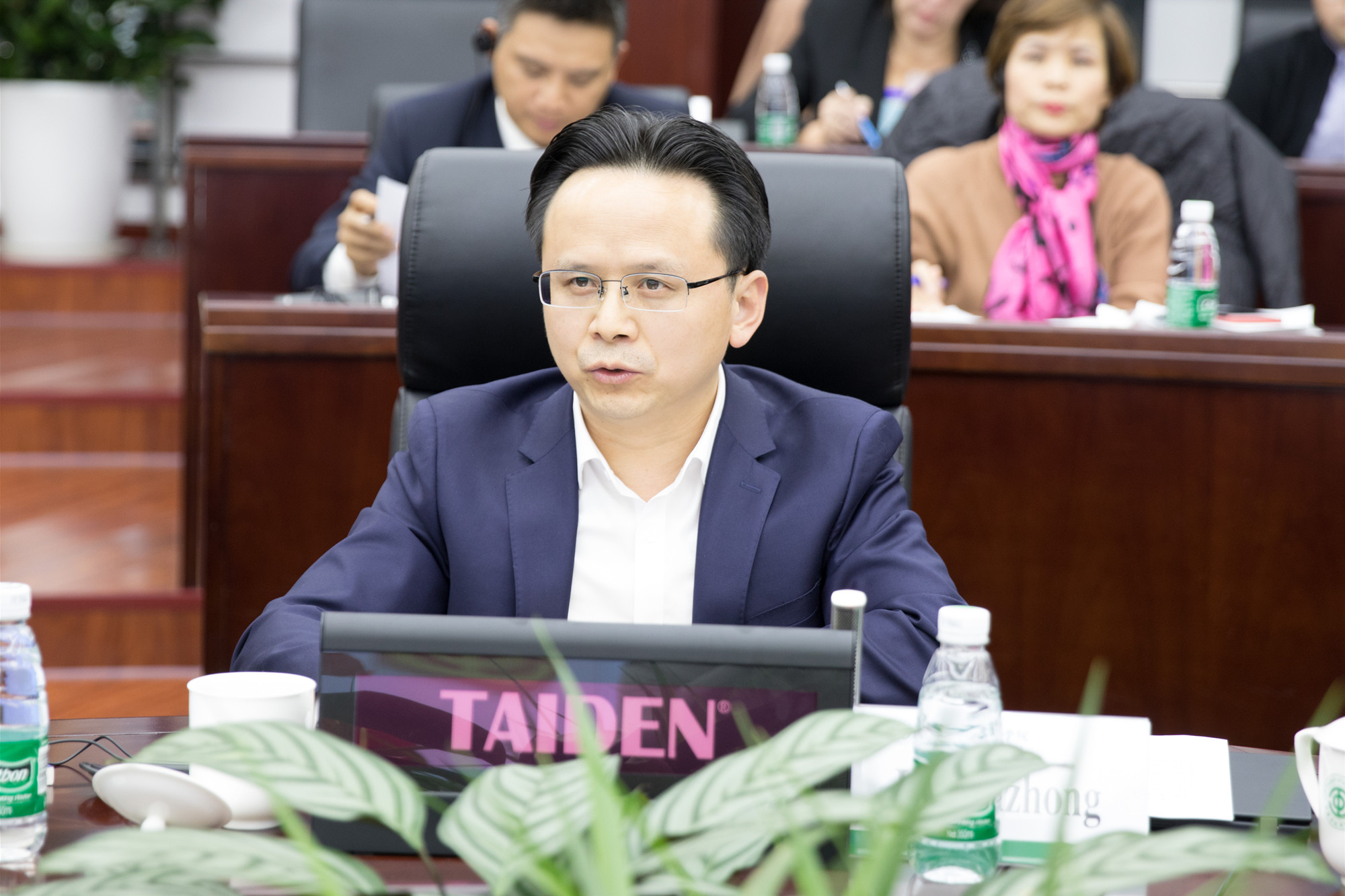
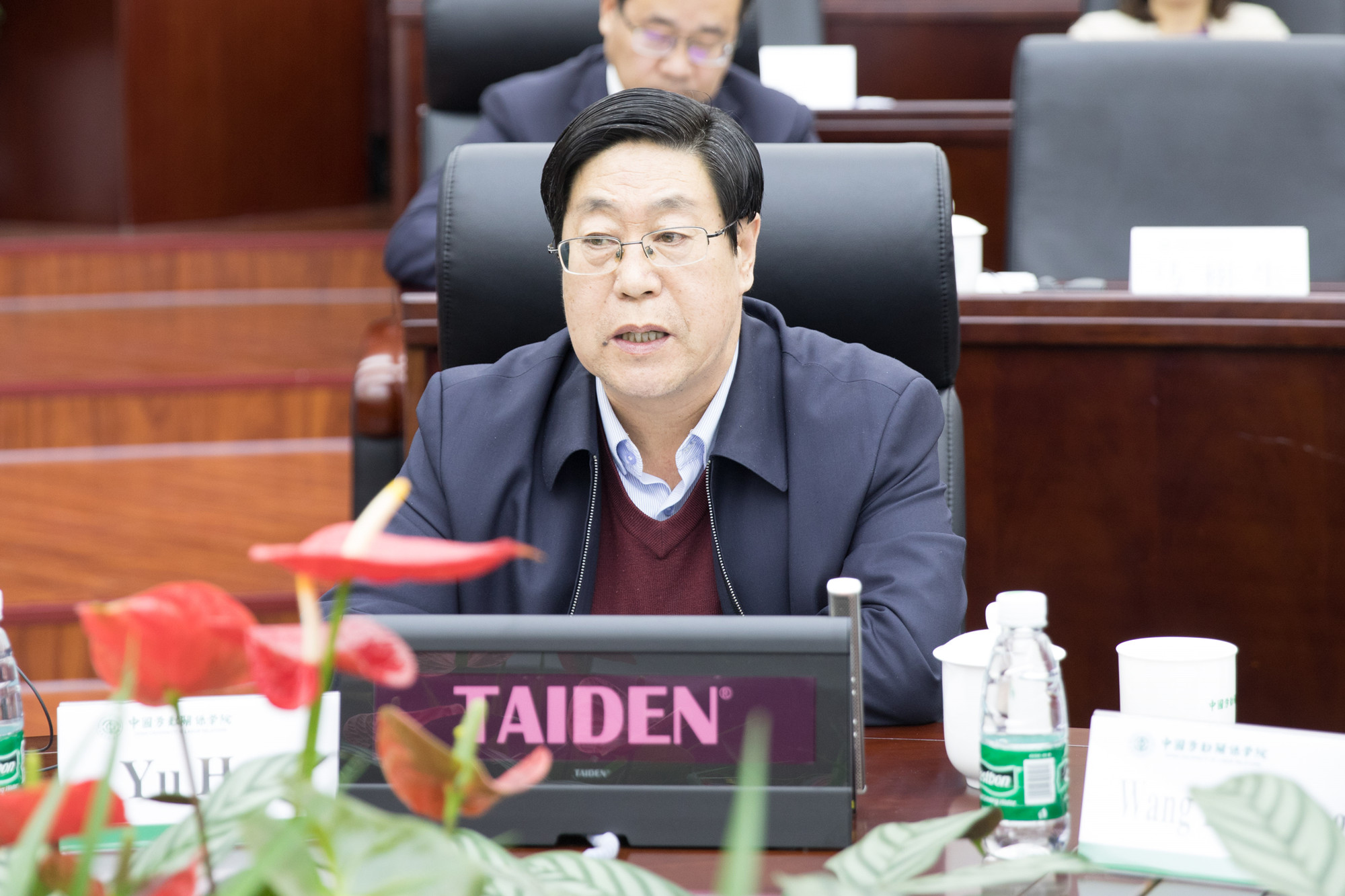
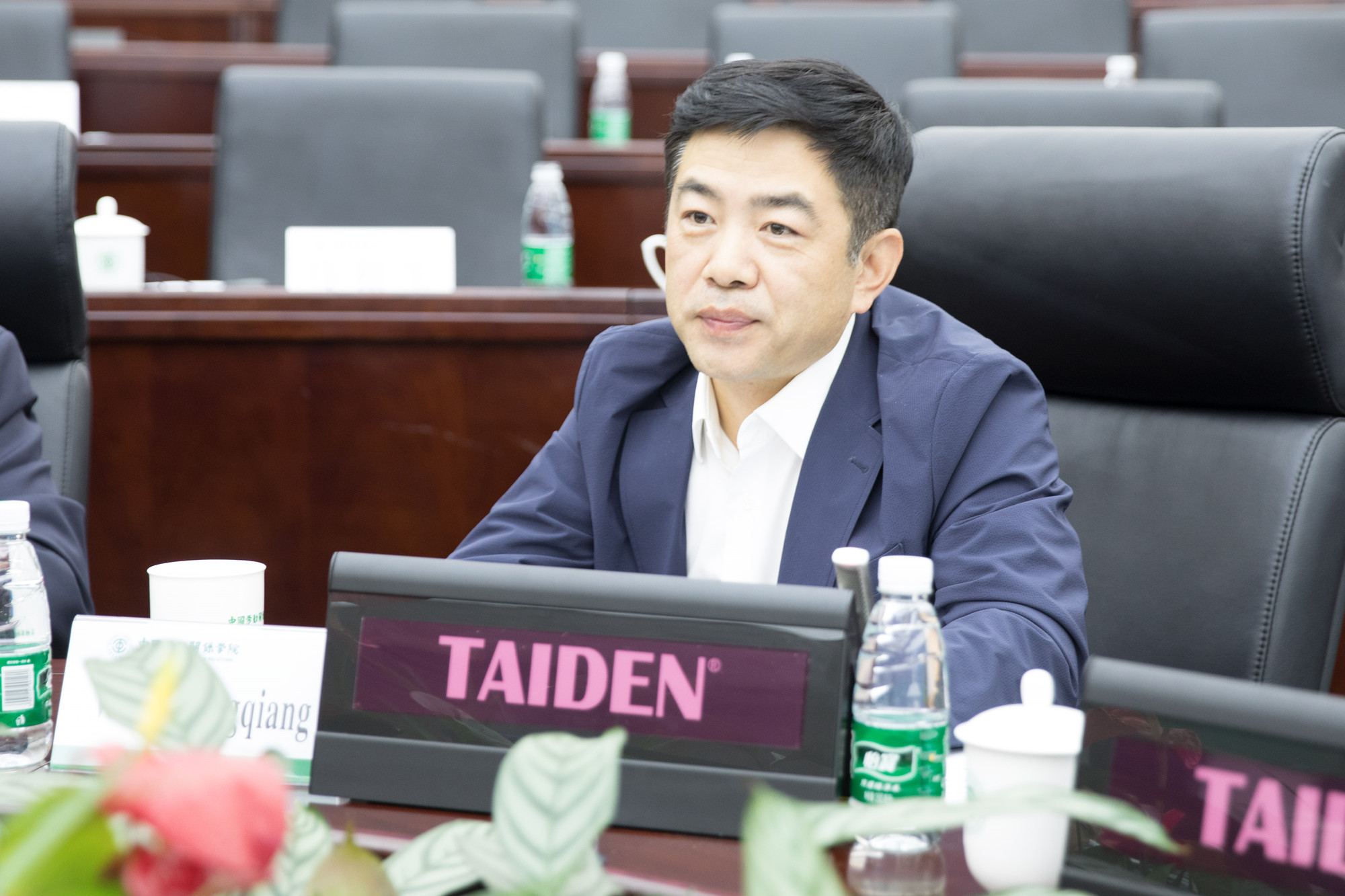
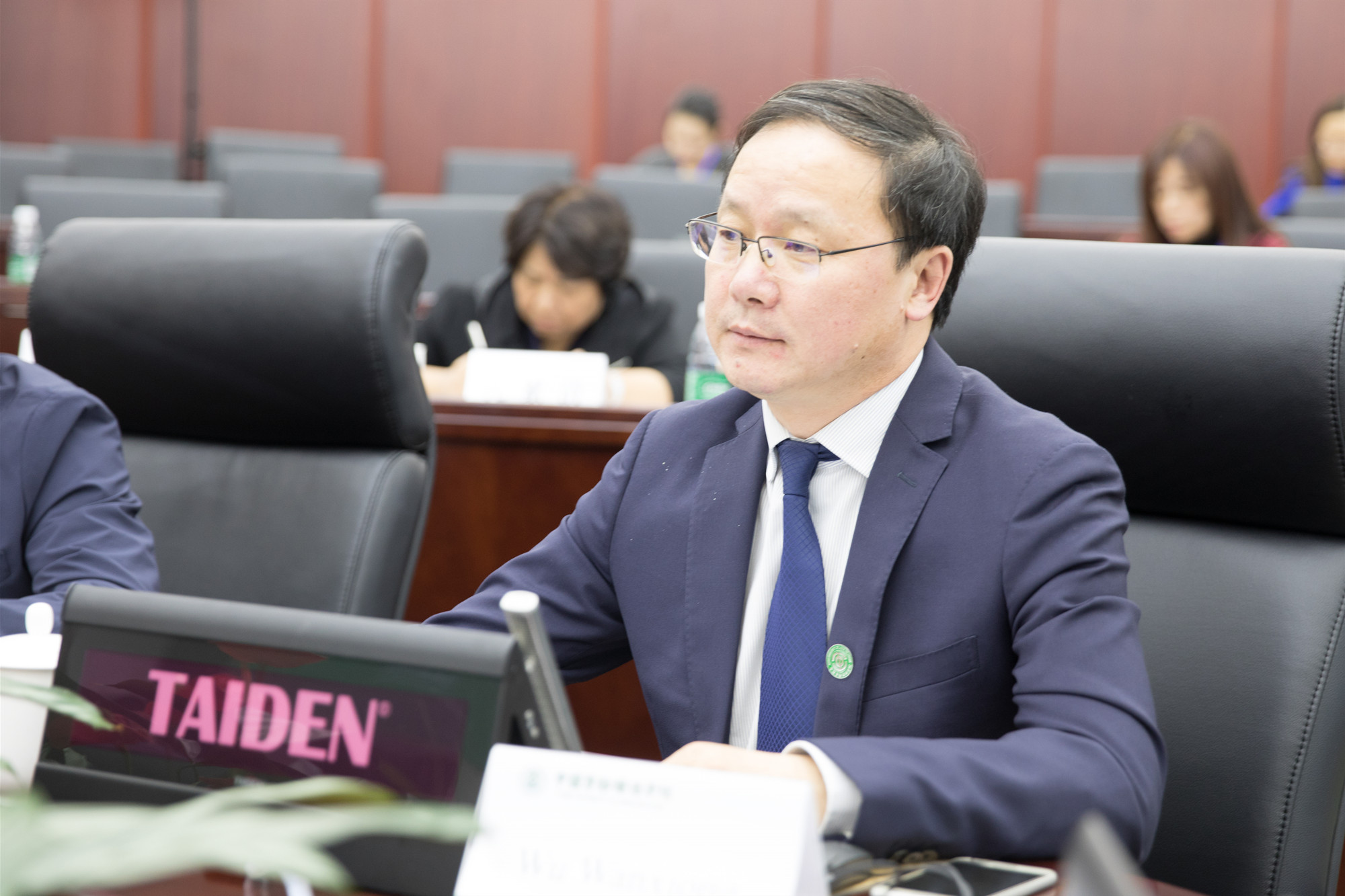
This conference is of great significance in promoting the development and construction of labor relations and trade union colleges in the new era.
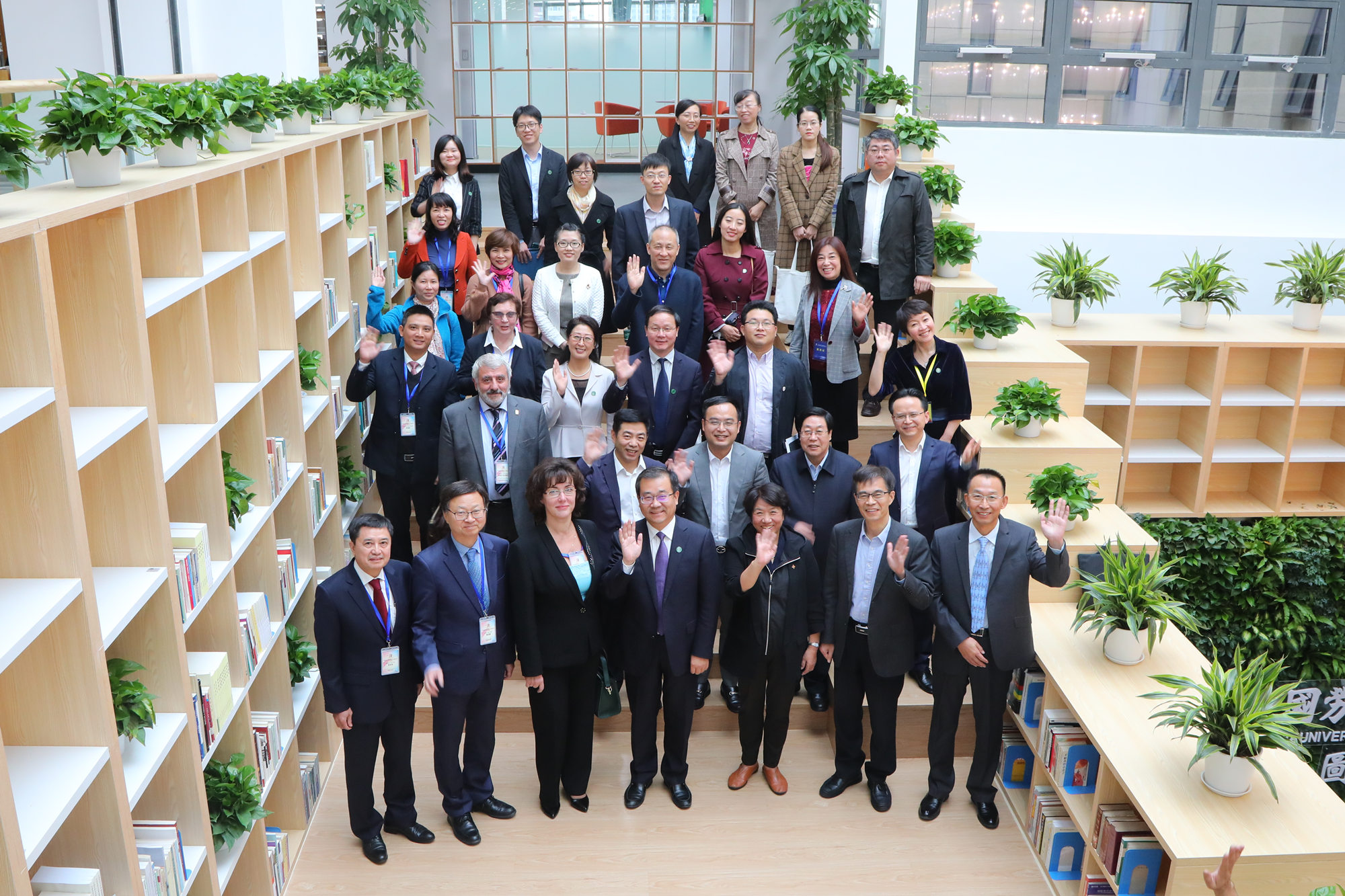
(Office of Party and Government Affairs
Department of International Exchange and Cooperation(Office of Hong Kong, Macau and Taiwan Affairs))
